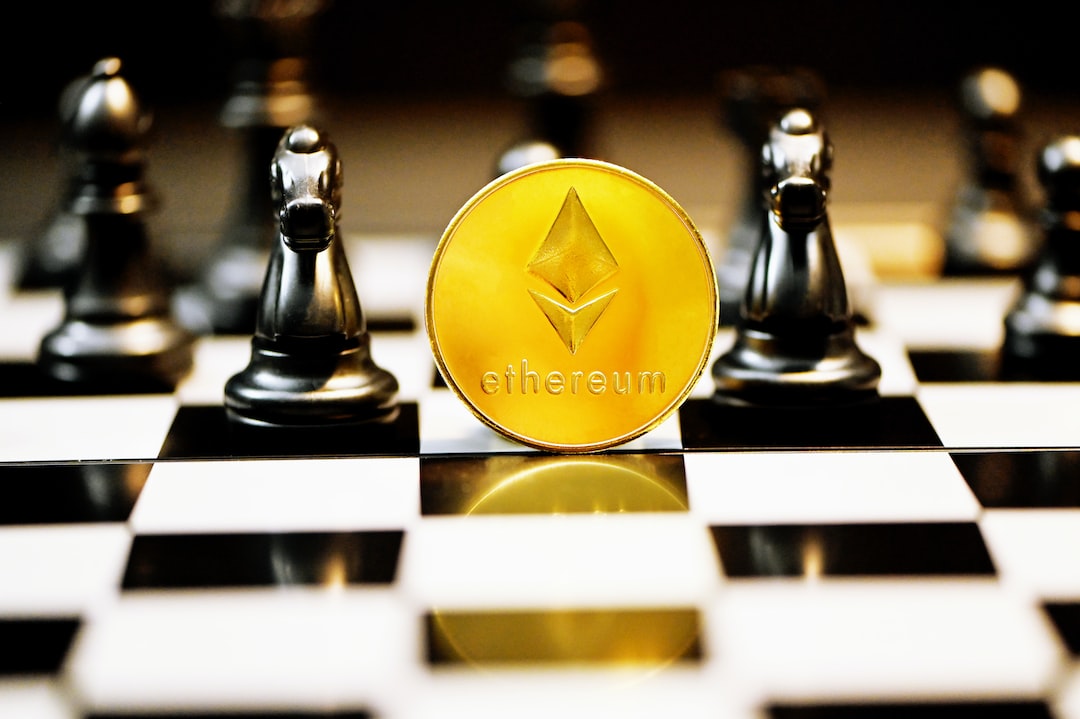Bitcoin Network Study Reveals Potential Censorship
A recent analysis by 0xB10C, a developer and onchain analyst, uncovered intriguing findings in the Bitcoin network. The study focused on the mining pools’ transaction selection processes and revealed that certain transactions from U.S. Treasury-sanctioned addresses were missing from blocks. This has raised questions about the practices of mining pools and their influence on the network’s censorship-resistant qualities.
0xB10C’s Investigation and Findings
The investigation scrutinized the activity of today’s most prominent bitcoin mining pools, focusing on six specific transactions linked to addresses sanctioned by the U.S. Department of the Treasury’s Office of Foreign Assets Control (OFAC).
The findings suggest a pattern of selective transaction filtering, a practice that could have significant implications for the network’s decentralized nature. In September and October 2023, 0xB10C’s miningpool-observer reported six blocks missing an OFAC-sanctioned transaction. These transactions were notably absent from blocks mined by three different pools: Viabtc, Foundry USA, and F2pool.
Review and Implications of the Study
The study meticulously analyzed the transaction patterns and block compositions to understand whether these omissions were intentional acts of filtering or coincidental outcomes based on other factors like transaction fees or propagation times.
The report concludes that the missing transactions in blocks mined by Viabtc and Foundry were likely “false positives” and not due to intentional filtering. However, the scenario was different for the transactions missing from F2pool’s blocks.
Transactions Conclusion and Its Impact
After a detailed examination, 0xB10C inferred that these transactions were likely filtered out by F2pool. This observation marks a deviation from the expected norm of transaction inclusion by mining pools and suggests compliance with U.S. OFAC sanctions.
Examination of Transaction Selection
0xB10C’s analysis delved into the technicalities of transaction sizes, fees, and block space allocation. It underlined the complexity of transaction selection within the Bitcoin network and the autonomy of mining pools in deciding which transactions to include in their blocks. The implications of the developer’s discovery are significant for the Bitcoin ecosystem, raising questions about the extent of decentralization and censorship resistance within the network.
Ongoing Monitoring of Mining Pools’ Transaction Selection Practices
The report highlights the importance of ongoing monitoring of mining pools’ transaction selection practices to ensure the integrity and foundational principles of the Bitcoin network. 0xB10C confirmed that eventually, all of the OFAC-flagged transfers were “picked up by other miners.”
Hot Take: Questioning Centralization and Censorship in Bitcoin
The findings of the study conducted by 0xB10C shed light on potential centralization and censorship within the Bitcoin network, raising concerns about the decentralization and censorship resistance of the network amidst the influence of mining pools. The continued vigilance of mining pools’ transaction selection practices is essential for upholding the core principles of the Bitcoin network.





 By
By
 By
By
 By
By

 By
By